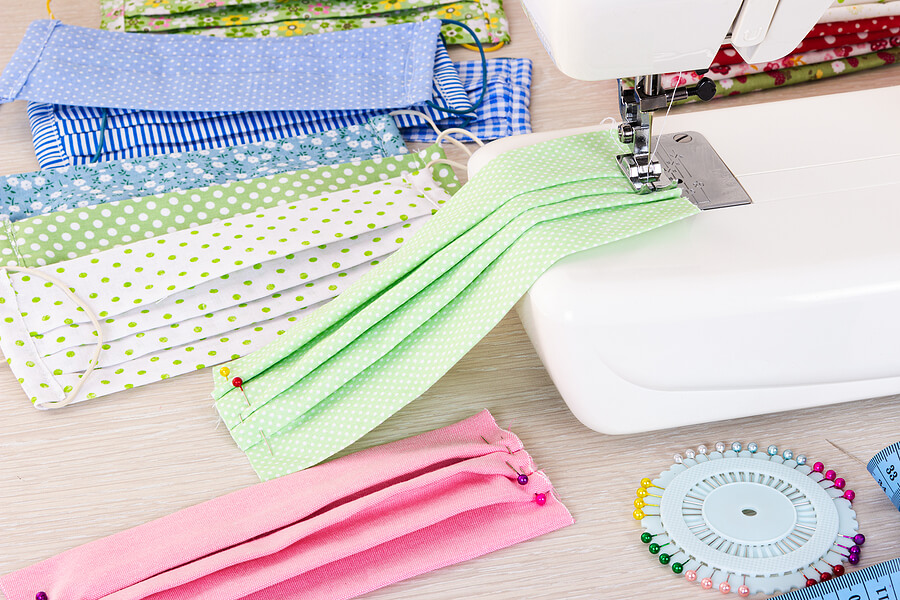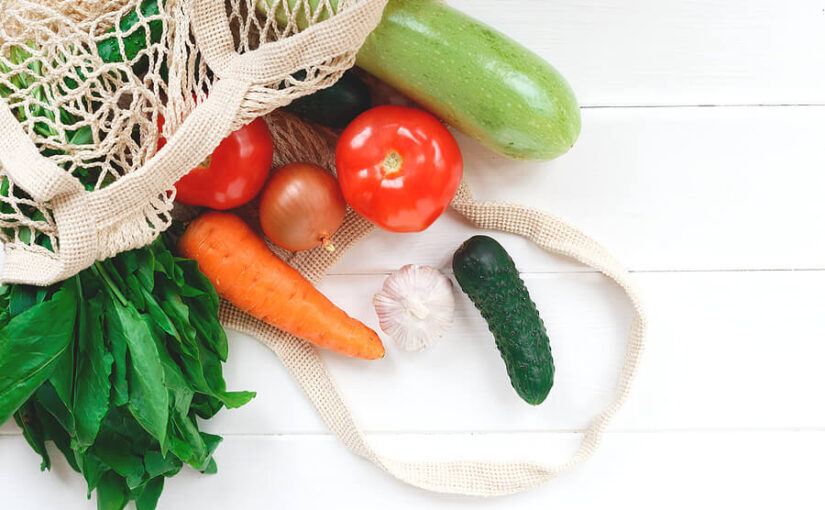Due to this year’s coronavirus pandemic, the zero-waste movement slowed down and faced a few unexpected obstructions.
However, COVID-19 never stopped the growth of the movement, and it is now flourishing again post-lockdown.
Keep reading to learn of five ways the zero-waste movement is overcoming the virus pandemic.
Reusable containers have been deemed safe
The first obstacle the zero-waste movement faced during the pandemic was the argument surrounding the safety of reusable containers.
Pre-lockdown, many stores immediately enforced a ban on reusable cups when the virus was announced, which meant the UK was back to producing and binning up to 2.5 billion disposable cups per year, and an increase in commercial waste.
However, in late June, more than 100 scientists published a signed statement to reassure the public that reusable containers were perfectly safe to use during the COVID-19 pandemic.
This scientific statement meant stores could again allow customers to bring in reusable cups and do their bit for the environment.
Zero-waste shops are increasing in popularity
When lockdown began, there were worries that the zero-waste movement would take a hit due to the public being warier about loose fruit and vegetables — alongside the aforementioned reusable containers.
However, zero waste shops have increased in popularity during and since lockdown.
Field fare, a frozen food specialist, installed 14 zero-waste shops in the UK during lockdown and has another 38 in the immediate pipeline.
There is a plethora of great zero-waste shops in Yorkshire that you can visit if you live in the area.
Here are some of your options:
Supermarket chains are doing their part
Big retailers have a level of responsibility to cut down on their business waste.
Recently, retail giants such as Tesco, Kroger and Carrefour have created a new partnership with Loop.
Initially, Loop launched online in France, but has now expanded into the US, Canada and soon, the UK.
Retail stores will install Loop ‘’corners’’ — designated areas featuring products packaged in Loop’s reusable containers.
Refill and reuse models should be a success, even with all the coronavirus uncertainty.
Euromonitor completed a survey which found that almost 75% of health, beauty and fashion brands are planning to launch in-store or online recycling offerings by 2025, with half of those also looking into refillable or packaging-free options.

People are favouring reusable PPE
The zero-waste movement has taken a hit due to the amount of PPE that is being littered — especially single-use masks and gloves.
However, as the pandemic has progressed, masks have become more of a fashion statement.
For this reason and cost, many members of the public are now opting for reusable masks with designs on instead of single-use plastic ones.
Although this may be a slow move away from plastic masks, it has undoubtedly helped.
Sustainable shopping
Throughout the coronavirus outbreak, there have been consistent shifts in shopping patterns.
First, everyone was panic-buying toilet roll, and then the queues for the supermarkets were miles long.
Now that lockdown restrictions are easing, many members of the public are still opting to only go to the supermarket when absolutely necessary.
So, this means that there is a decrease in shorter shopping trips and an increasing number of people doing a ‘big shop’ instead, which helps shoppers to plan ahead and potentially cut down on household waste.
By shopping sustainably, you can help the environment and reduce your carbon footprint. Even if you begin with a small change, it can still make a difference.
Here are some tips on how to start with sustainable shopping:
- Make a list and be prepared.
- Focus on healthy products and locally sourced food.
- Only go to the shop once a week.
- Embrace online/home shopping.
